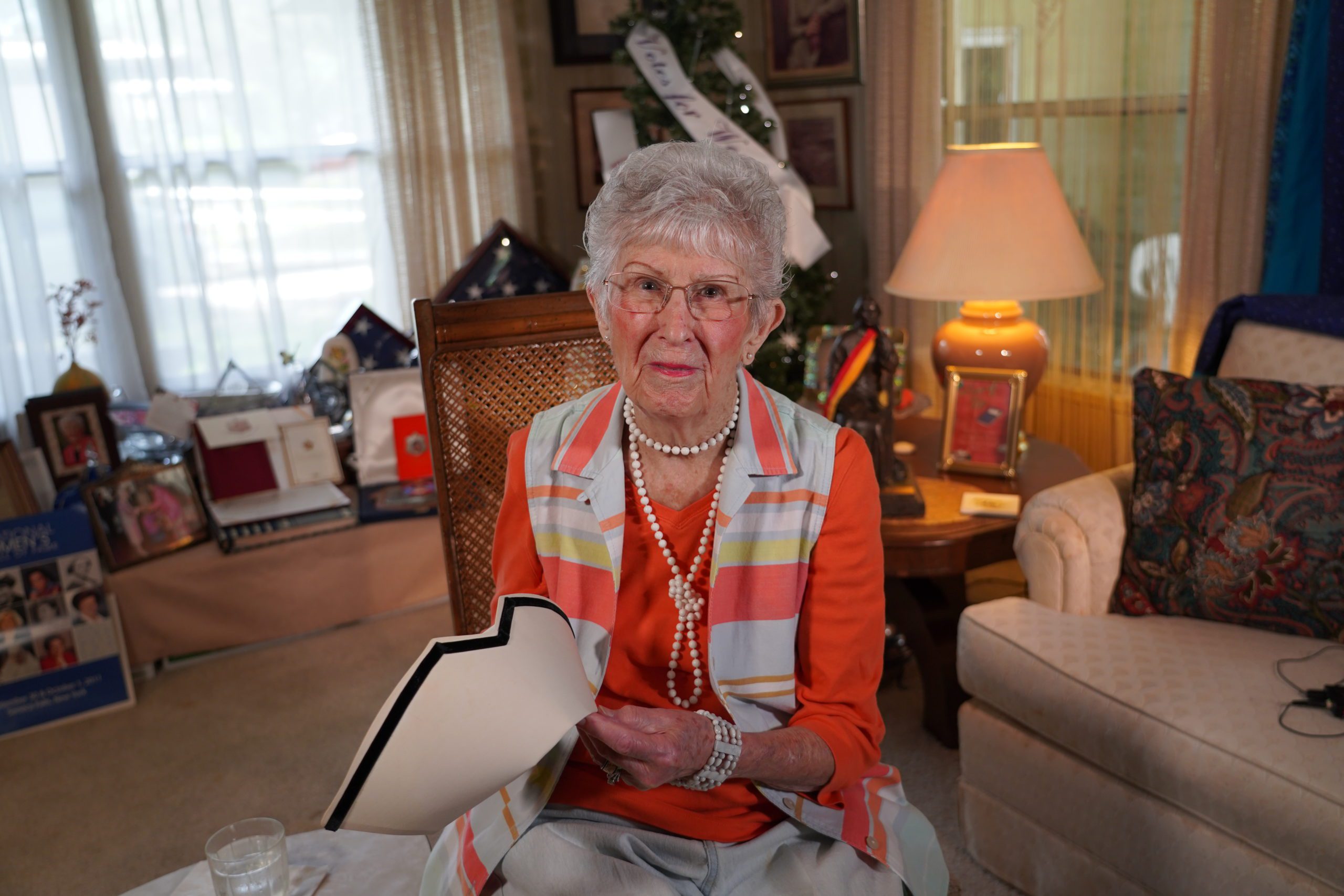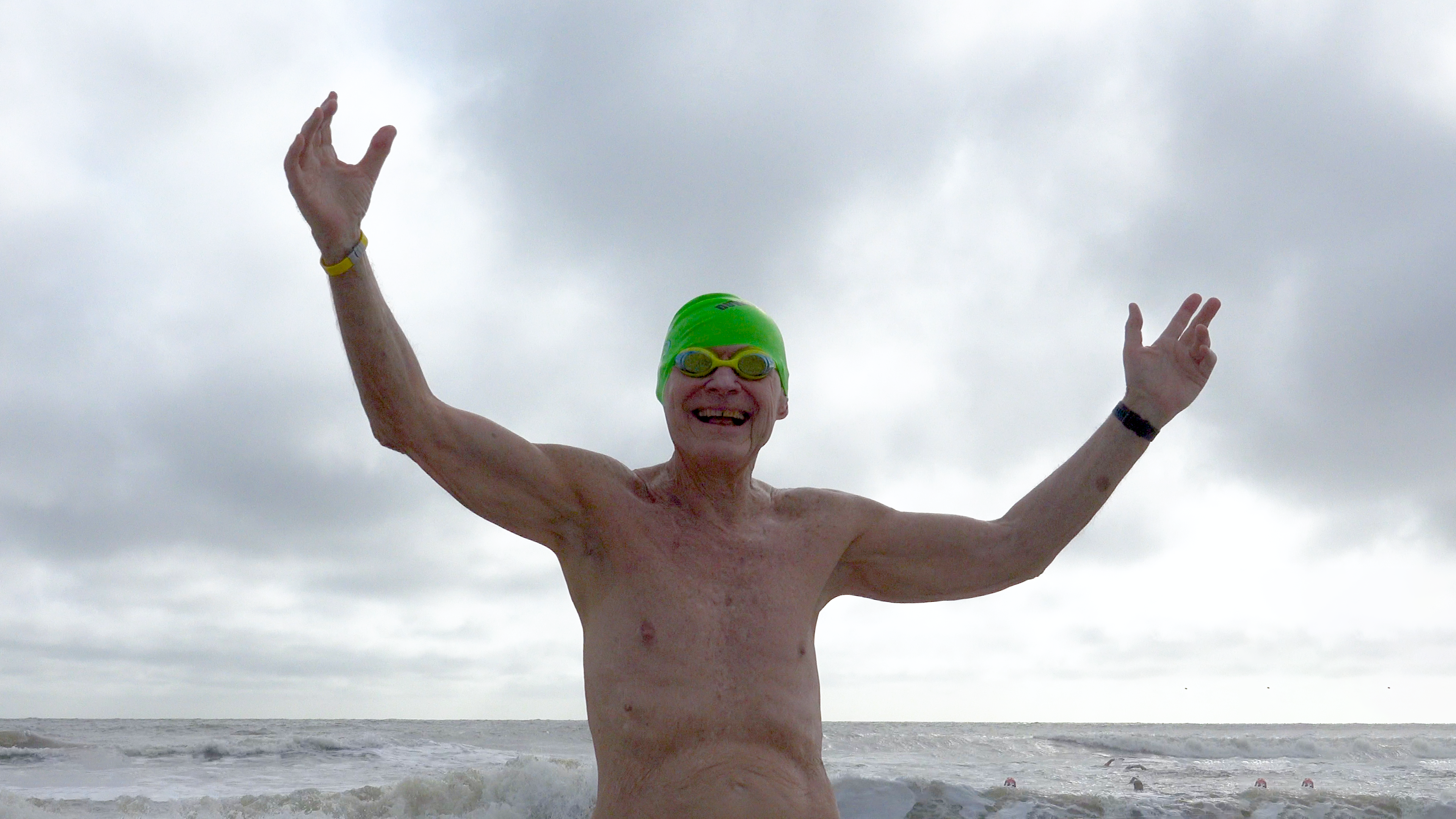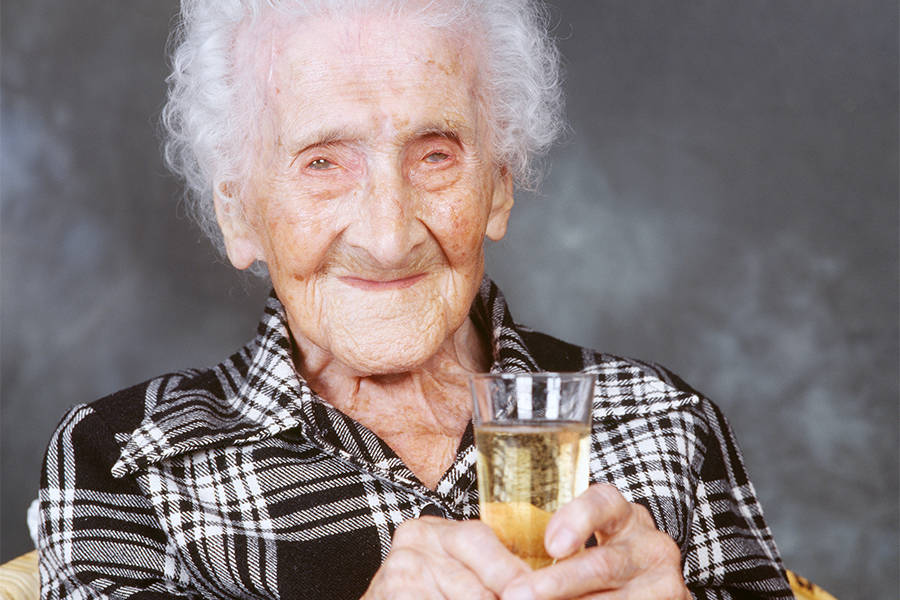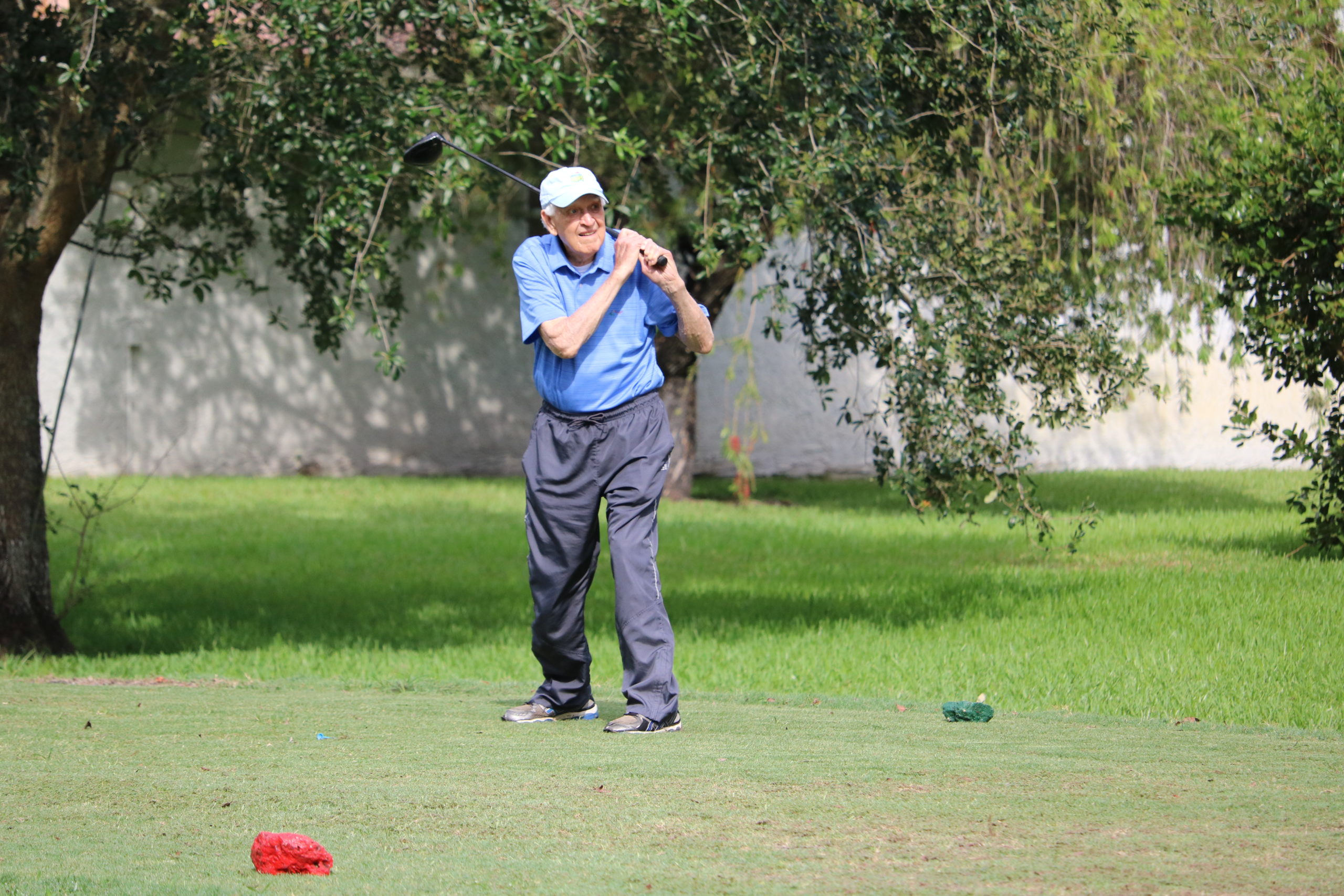Last Updated on April 2, 2025
In 1937, 16-year-old Loretta Ford was graduating from high school early, having skipped two grades. Like many young women of that era, she felt she basically had three options.
“Teaching, nursing or the convent,” Ford said.
Without money for college, Ford chose nursing and became a trailblazer in the field.
“My preference would’ve been to be in college to learn to be a teacher,” she said. “I always wanted to be a teacher, and I took a very circuitous route to get there. But it was a good decision.”
Ford became a nurse’s aide at 16; and then at 18, she enrolled in nursing school at Middlesex General Hospital in New Jersey. After serving in the U.S. Army Air Force, Ford attended the University of Colorado on the G.I. Bill, earning her bachelor’s, master’s and eventually doctorate degree in nursing. She accomplished this while married and working full-time as a public health nurse in rural Colorado and teaching at the university.
“That was quite a trick,” she said. “I didn’t think anything of it at the time. I just arranged my schedule so I could do that.”
In 1965, with the Vietnam War raging and Civil Rights protests spreading across the nation, rights to healthcare were being scrutinized. Physicians were criticized for the lack of care available for rural and unserved populations. At the same time, there was a need for advanced education in nursing that was more clinically focused and able to expand the role of nurses. Ford teamed up with pediatrician Henry Silver to address both concerns. Together, they created a pediatric nurse practitioner program at the University of Colorado — the first of its kind.
“I was interested in what nursing could demonstrate,” she said.
Silver also was interested in the care of children and felt that nurses could provide care in well-baby clinics, which would focus on growth and development, parenting, exercise and nutrition, as well as parent education.
“It was all wellness-oriented,” Ford said.
Ford encountered opposition to the new role from almost every side, including from educators, older nurses, and younger physicians. Legalities were questioned. The one welcoming group? Patients.
“It was not an easy time for me,” Ford recalled. “But I believed in it. I saw the changes that were occurring in nurses, and all the acceptance of the patients, and the quality of the services they provided. So, I felt we were on the right track, and I wasn’t going to give it up.”
Thanks to Ford’s persistence, there are now over 325,000 licensed nurse practitioners in the United States. Ford has received countless awards, including the Surgeon General’s Medallion in 2020, for “actions of exceptional achievement to the cause of public health and medicine.”
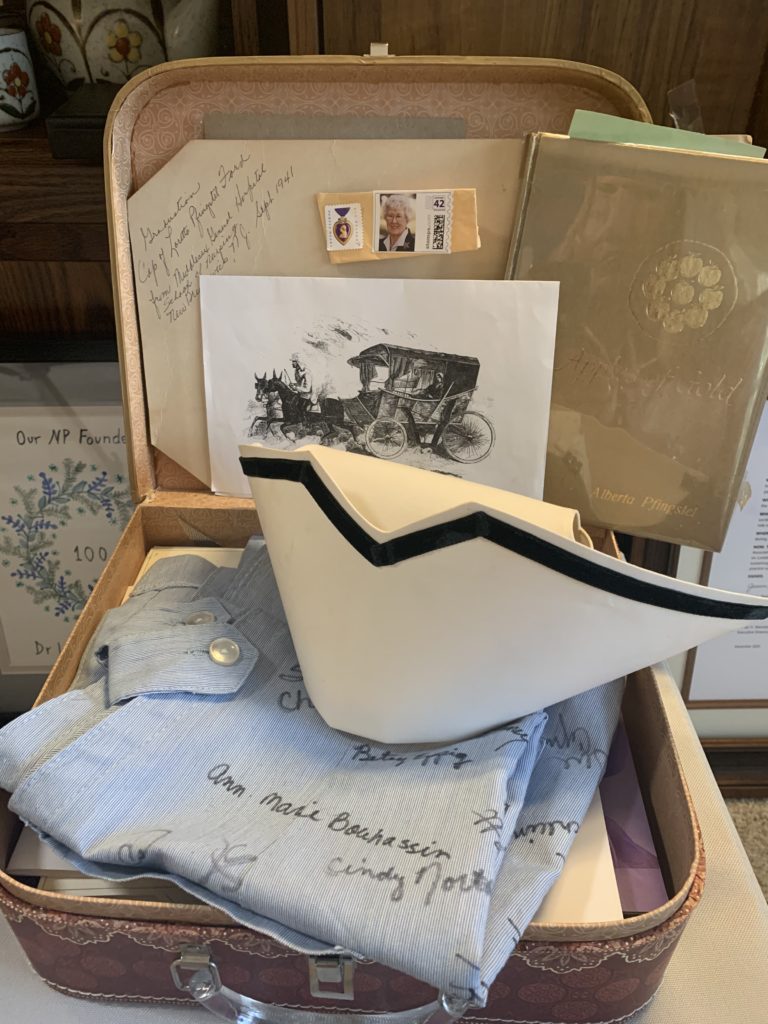
“I always thought I could do what I wanted, personally,” Ford said. “I never felt held back because I was a woman. I just wouldn’t accept it, I guess. But I think education was a big key to making a difference in terms of that. Also, some efforts of the rights groups to include women.”
She continued, “When I read something’s going on in this country, but also around the world, about the constrictions on women’s basic rights, even to education, I can’t imagine not being able to choose and to make that happen.”
Now 100 years old, Ford continues to shepherd the profession she co-founded, taking to Zoom during the pandemic to encourage nurse practitioners worldwide during perhaps the most tested time of the profession. She keeps up with developments in the field and has a vision of where it’s headed.
“I do see that one of nursing’s major goals in the next century is to develop a culture of health and wellness,” she said, “because the culture, up until just fairly recently, has been very oriented toward disease and illness. The only time you can get any attention from anybody in terms of the medical community (is) you’ve got to have symptoms. You don’t get ‘paid’ to stay well.”
Ford also shared her thoughts about health insurance.
“Most of your insurance is based on illness risks, so that there are not too many incentives,” she said. “You’ve got to build the incentives in yourself. You can’t wait for others to do it. So, it seems to me that you can learn that when you’re little and grow up with it. I’m all for educating children in terms of health and wellness and cultural change.”
Looking back at the last century, Ford has advice for younger generations.
“You can do whatever you want to do,” she said. “You know what Henry Ford said? ‘If you think you can, or you think you can’t, you’re right.’”
Ford had one last bit of advice.
“Go for it. Don’t have little dreams, go for the big stuff,” she said. “And it isn’t always in money. It’s in the satisfactions that you get from work. For mine, it’s helping others and leading a good life and enjoying it. If you haven’t got a sense of humor, I don’t see how you can manage it all, because you got to laugh at yourself and help others laugh, too.”

